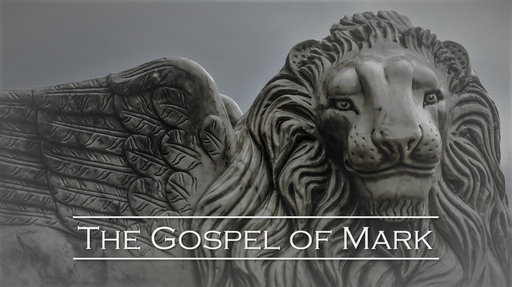Called To and Called Out: Jesus, the Twelve, and the opposition.

Mark 3:13-35
Called Out
Our Cast of Characters:
Jesus
His Followers
The Twelve
The Crowd
Jesus’s Family
The Scribes:
Scribes. Throughout the Roman Empire, local executors of legal documents. In Jewish Palestine these would be the people who also taught children how to read the Scriptures; many of them were experts in the legal issues contained in the law of Moses (i.e., they were predecessors of the rabbis); some of them were Pharisees.
Beelzebul/Satan
BAAL-ZEBUB, BEELZEBUL. 1. In OT Heb. ba‘al zebûḇ (‘lord of flies’), probably a mocking alteration of ba‘al zeḇûl (‘Prince *BAAL’), appears as the name of the god of Ekron, whom Ahaziah, king of Israel, tried to consult in his last illness (2 Ki. 1:1–6, 16).
2. In NT Gk. beelzeboul, beezeboul (Beelzebub in TR and AV) is the prince of the demons (Mt. 12:24, 27; Mk. 3:22; Lk. 11:15, 18f.), identified with Satan (Mt. 12:26; Mk. 3:23, 26; Lk. 11:18). In contemporary Semitic speech it may have been understood as ‘the master of the house’; if so, this phrase could be used in a double sense in Mt. 10:25b.